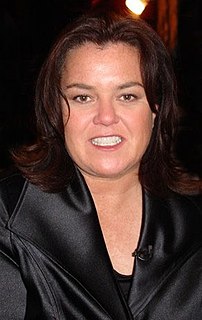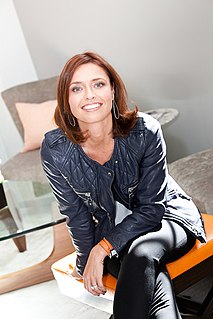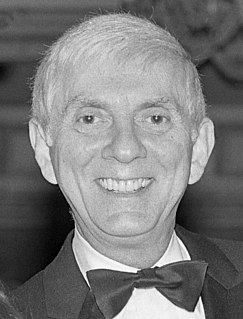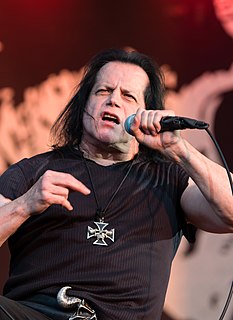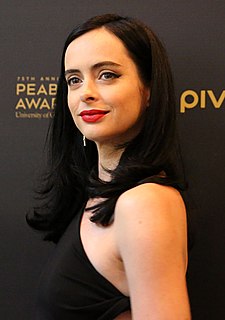A Quote by Sara Pascoe
When I started watching comedy there was a lot of negativity about women; a lot of comics were spewing out aggressive, violent and negative material.
Related Quotes
I was a woman and younger. I started spending a lot of time in the mall doing a lot of qualitative research and really watching what consumers were doing. Were they gravitating towards the sales racks, or were they looking at the new fashions? Were they there to shop, or were they there to socialize?
Just from my own experience, a lot of the comedians I used to work with were miserable in their actual lives. I think you need to be able to see a lot of negative in things in order to extract material, so there's probably something to that. A lot of the people I used to work with were very, very, very unfunny offstage, so that's a pretty common thing.
It turns out that a lot of women just have a problem with women in power. You know, this whole sisterhood, this whole let's go march for women's rights and, you know, just constantly talking about what women look like or what they wear, or making fun of their choices or presuming that they're not as powerful as the men around. This presumptive negativity about women in power I think is very unfortunate, because let's just try to access that and have a conversation about it, rather than a confrontation about it.
After 'Jessica Jones' came out, I started hearing firsthand from a lot of women who were so inspired by the character, who felt represented, who felt like watching Jessica on screen helped them in their own lives. Women are devouring content like that because everybody is complicated; not everybody is one thing.
Since I started as a comic person then became a musician to me it was interesting because I have this really great, interesting fanbase that's really smart and energetic and uh how could I steer them towards a medium that shaped who I was? You know, steer them toward comics. That was really the goal, to bring a lot of readers cuz they were reading a lot of comics but most of them hadn't been reading American comics, they'd be reading manga sitting on the floor of a Barnes and Noble.


